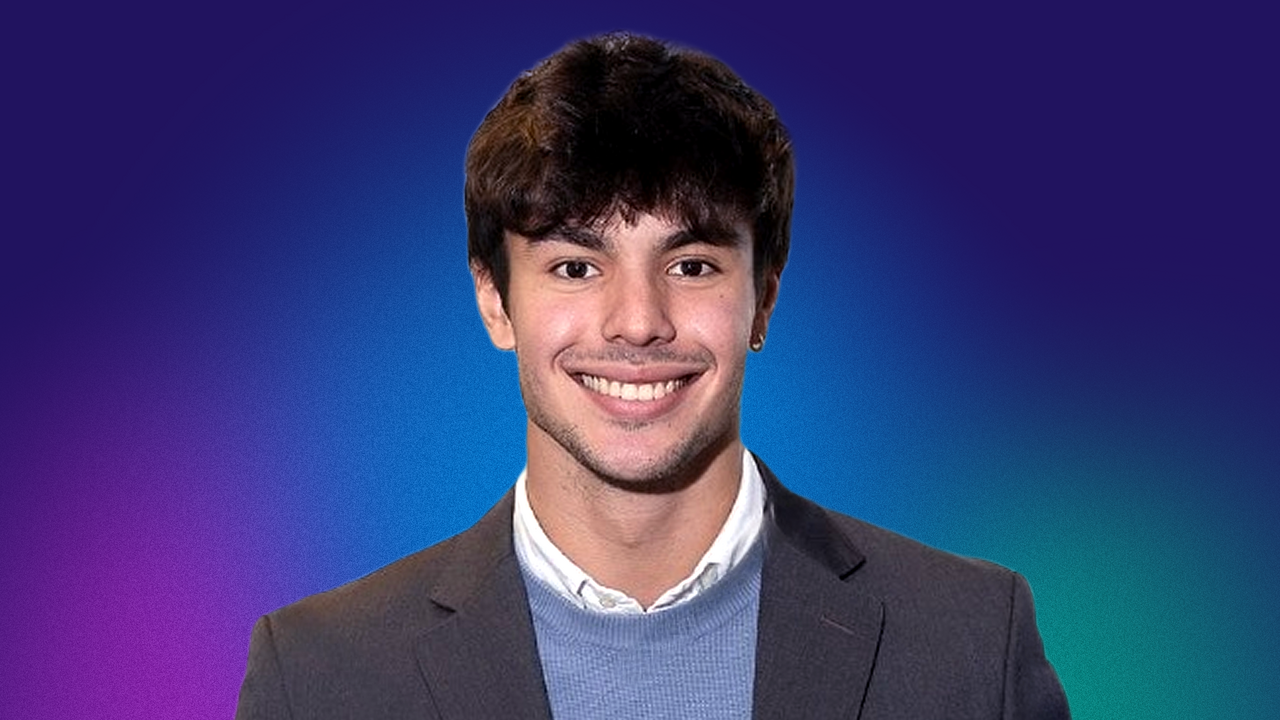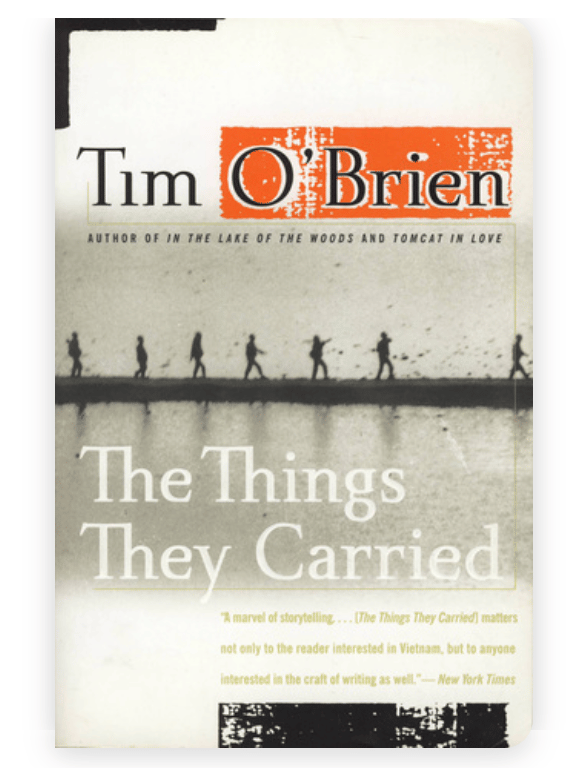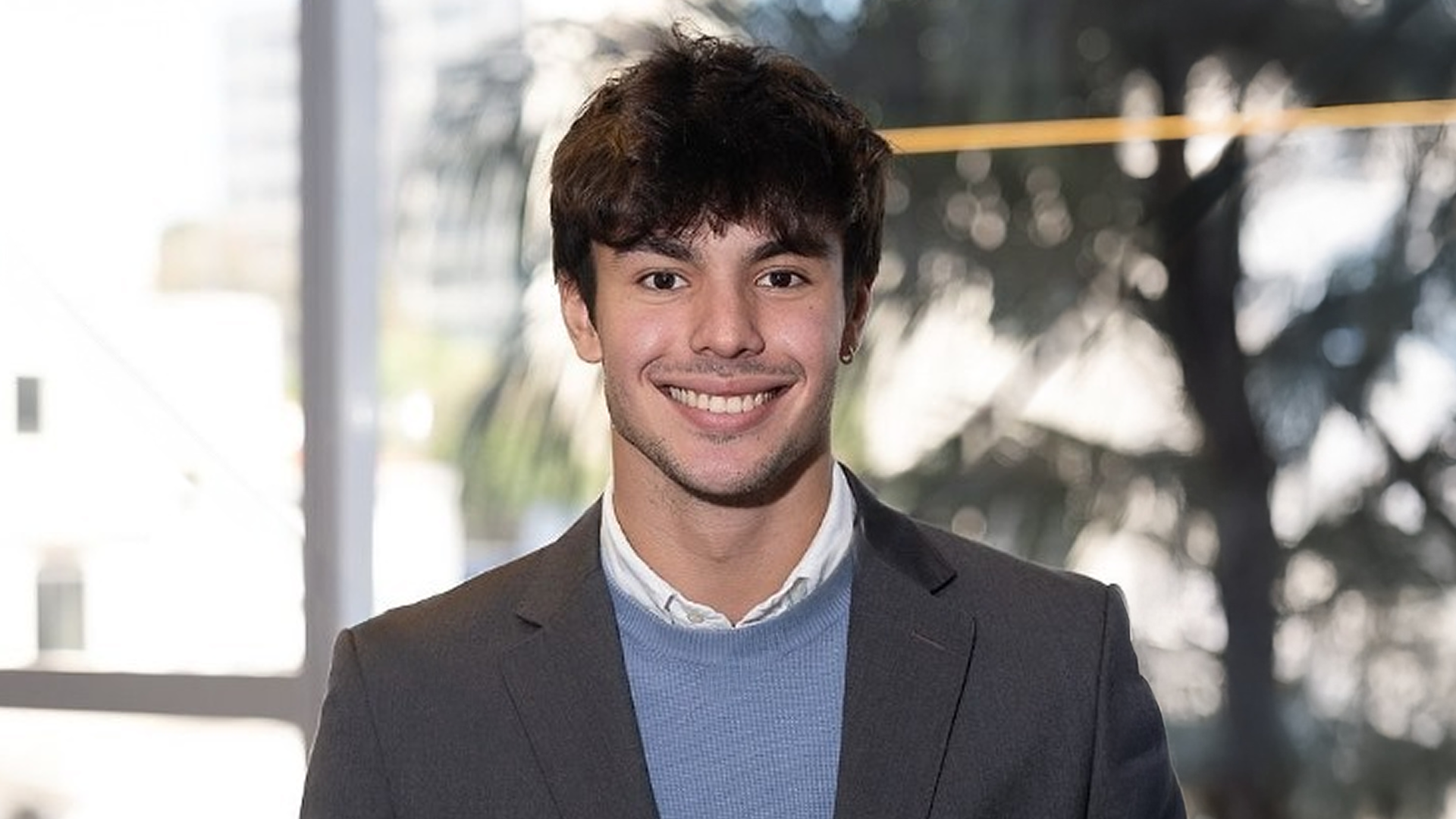Scholar Spotlight - Gustavo Albuquerque

Gustavo Albuquerque, a Laidlaw Scholar at University College London, on The Politics of Decolonisation: Archives and Evidence
Research title:
The Politics of Decolonisation: Archives and Evidence
Please briefly outline what your research is about, and its potential real world impact
My research investigates the long-term effects of decolonization on governance and welfare outcomes in Tanzania, focusing specifically on how the transition to independence in 1961 impacted the country’s bureaucratic capacity. While decolonization marked a significant political shift, its consequences for state effectiveness and public service delivery in post-colonial Africa remain poorly understood. This project aims to fill that gap by examining how the growth of Tanzania’s administrative institutions influenced social sectors such as healthcare, the judiciary, and prisons from 1954 to 1976.
The research involved two main components:
Preliminary findings suggest that increased bureaucratic investment was moderately associated with improved welfare outcomes across regions. However, the research also uncovered variations where welfare did not improve, indicating that other factors—such as the qualifications or geographical allocation of bureaucrats—may have played a role.
Real World Impact:
This project contributes to our understanding of how institutional capacity affects development outcomes in post-colonial states. By digitizing and expanding a key dataset to over 45,000 observations, this work lays the groundwork for future studies exploring governance, equity, and public service delivery in Africa. The findings may inform current debates on state-building, aid effectiveness, and administrative reform in emerging economies, particularly in historically under-researched regions.
Where did your passion for this research originate? How does your personal story feed into it?
My passion for this research originated during my International Baccalaureate History course, where I first encountered the legacy of Julius Nyerere—Tanzania’s first president—and his visionary yet complex social and economic policies. I was deeply intrigued by his efforts to build a unified, independent nation in the aftermath of colonialism, and this interest culminated in my History Internal Assessment, where I explored the impact of his reforms on Tanzanian society. That early research experience sparked a broader curiosity about post-colonial governance and state-building in Africa.
Now, as a student of History, Politics, and Economics at UCL, I remain deeply engaged with the political and economic histories of emerging nations, particularly in the context of decolonization and anti-colonial resistance. Joining Dr. Jeremy Bowles’ research project offered an ideal opportunity to expand on my longstanding academic interests, while also contributing to a data-driven analysis of how bureaucratic development shaped welfare outcomes in post-independence Tanzania.
This project has allowed me to bridge personal academic interests with real-world questions about governance and development. By engaging directly with archival material and using statistical tools to analyze historical trends, I’ve gained a deeper appreciation of the complexities behind state-building processes in the Global South. It’s also reinforced my commitment to pursuing research that challenges Eurocentric narratives and centers the experiences of newly independent nations in global history.
How have you applied your leadership skills in real life? What are some insights & lessons from your experience?
I believe that leadership is a habit, not necessarily a tool. It is a part of everyday life as much as it is of academic and professional life. I have participated in three summer internships and two other student associations in leadership positions, but I would say that I do not do anything differently in terms of leadership than what I already do in real life.
For me, leading is not only about being proactive and strategic, but also, crucially, about having empathy and a genuine interest in people’s lives and well-being. Moreover, it is about having ethics and discipline at every moment. It is also about having the emotional intelligence to preserve yourself and others and to treat people with the courteousness and dignity that they deserve. Finally, it is about being brave enough to take the first step when everyone, including you, are uncomfortable.
Please provide a short list of bullet points of your top leadership tips
- Be uncomfortable first
- Ethics and discipline, always
- Be empathetic and genuinely care about people's lives
- Be emotionally intelligent to preserve yourself and others
- Be generous and proactive
What does it mean for you to be a Laidlaw Scholar?
Being a Laidlaw Scholar represents a commitment to leadership, curiosity, and creating meaningful impact. It’s an opportunity toexplore complex global issues with both academic rigour and action. For me, it has been a chance to contribute to a larger body ofwork that challenges historical assumptions and brings underrepresented narratives to light.
The programme has also pushed me to grow personally and intellectually. It’s taught me how to ask better questions, engagecritically with sources, and communicate findings that matter beyond academia. As someone passionate about social justice andglobal development, being a Laidlaw Scholar is both a privilege and a responsibility—to use research not just to understand theworld, but to help improve it.
Which particular leaders inspire you the most and why?
One of the leaders who inspires me most is Nelson Mandela, not only for his historic role in ending apartheid but for the way heembodied resilience, forgiveness, and principled leadership. What strikes me most about Mandela is his ability to maintain moral clarity and a long-term vision for justice, even after spending 27 years in prison. Rather than seeking revenge, he chosereconciliation—fostering unity in a deeply divided South Africa at a time when conflict could have easily escalated.
Mandela’s leadership was grounded in empathy and humility, yet he never compromised on the values of equality and dignity. He understood that leadership is not about power for its own sake, but about service, transformation, and collective progress. His courage to challenge systemic oppression, while still advocating peace and dialogue, makes him a timeless example of what ethicalleadership should look like.
Briefly describe a scene from the future you are striving to create.
In the future I strive to create, everyone has access to quality healthcare, education, and housing—fundamental rights, not privileges. Children learn in inclusive, technology-rich classrooms that inspire curiosity and compassion. Every family has a safe, sustainable home in thriving communities where neighbors support one another. Healthcare is preventive and personalized, blending human care with intelligent technology to keep people healthy and free from financial fear. In this world, no one is left behind; wellbeing, learning, and shelter are guaranteed foundations of a just and hopeful society.
Quick Fire Questions
📺 Currently Binging:

📚 My top book recommendation:
The Things They Carried, by Tim O'Brien

🎶 My anthem:
Martinho Da Vila - Disritmia (Áudio Oficial)

🎶 Current Podcast Obsession:

🌈 Something that made me feel joy recently:
Seeing my friends from university again after a long summer vacation at home.
If you want to learn more about Gustavo's work, explore his research here and follow him on Linkedin. Gustavo is a Laidlaw Undergraduate Leadership and Research Scholar at @University College London. Become a Laidlaw Scholar to conduct a research project of your choice, develop your leadership skills, and join a global community of changemakers from world-leading universities.
Find out more about the Laidlaw Scholars Undergraduate Leadership and Research Programme.
🔦 Discover more Scholar Spotlights:
⚡️ Anuj (AJ) Manchanda, a Laidlaw Scholar at the University of Toronto, delves into how Environmental CSR initiatives shape consumer choices.
⚡️ Patrícia Gonçalves, a Laidlaw Scholar at Oxford University's Saïd Business School, on navigating the crossroads of public and private sectors and championing a sustainable, equitable future.
⚡️ Sophia Waseem Khan, a Laidlaw Scholar at Durham University, champions sustainable agriculture through innovative ion recovery.






Please sign in
If you are a registered user on Laidlaw Scholars Network, please sign in